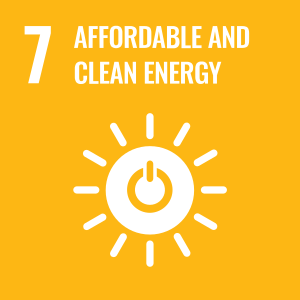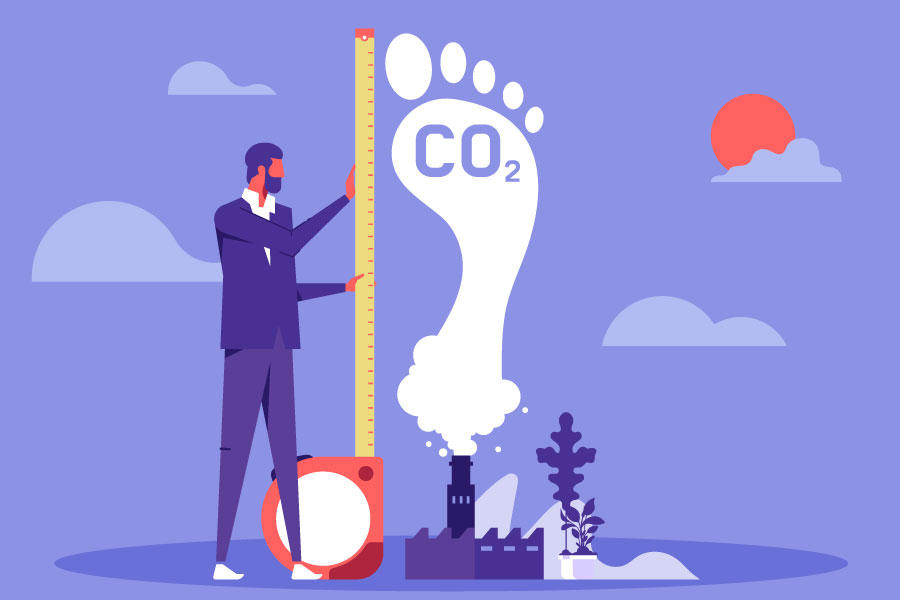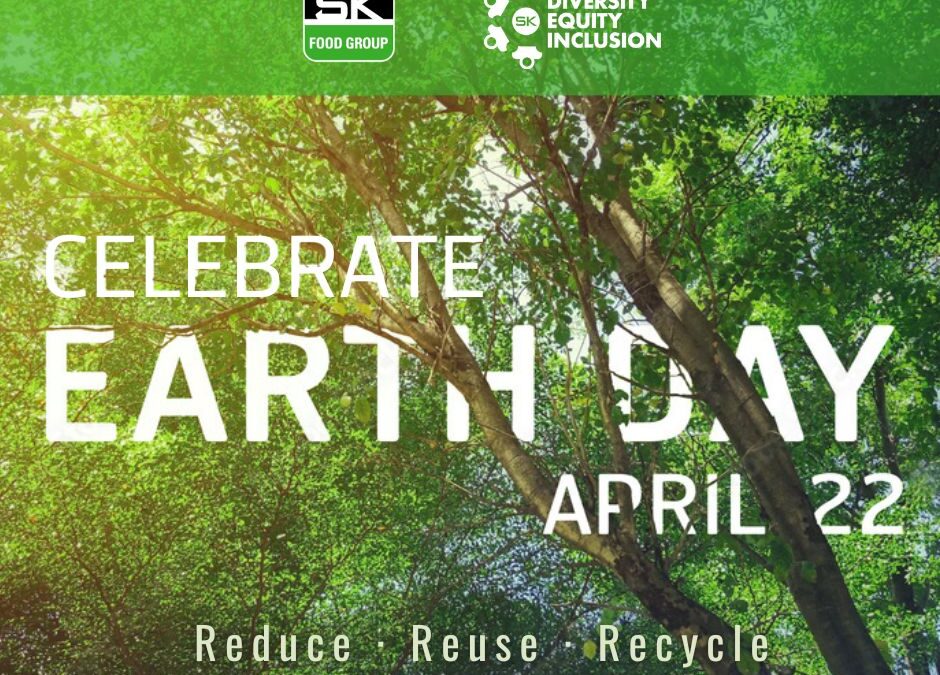Building environmental responsibility into how we do business
When it comes to reducing the environmental impacts of SK Food Group, we are not just going through the motions. For the past few years we have been on a journey of investigation, tracking the footprints of our facilities and pinpointing practical ways to run a cleaner, better business.
Our starting point, as always, is our people. In 2020, we studied environmental areas that had the biggest impact on our business and that our customers, suppliers and Associates cared about most. One of the areas we identified was energy and emissions.
We knew we wanted to reduce our energy consumption and greenhouse gas emissions, but carbon accounting is complex. To do it right, we had to learn as much as we could. So, we engaged an energy and engineering team to help us understand how to collect and use our energy data, review construction standards, identify renewable energy opportunities and set targets for each of our facilities.
“Reshaping typical approaches to business has its challenges, but it has fostered independence and innovation across the organization.”
— Dan Rosenberg, Senior Vice President, Human Resources
Our next step was to set up a data management platform. This automated the collection of our energy and water utility data and allowed us to establish our baseline energy usage and related greenhouse gas emissions. Using this data, we set a target to reduce our gross carbon emissions by 25% by 2030 based on our 2020 baseline.
How will we get there? For our business, there are three paths to a lower carbon future:
- Implementing energy efficiency projects that reduce the total energy consumption of our sites, such as equipment upgrades and retrofitting our facilities with LED lighting.
- By investigating renewable energy sources at facilities as appropriate, such as rooftop solar systems.
- By establishing energy efficiency standards for all newly constructed facilities and continuously working to reduce energy consumption in our existing facilities. Our new state-of-the-art facility in Edmonton, Alberta is a model for energy efficiency in our company.
How are we doing so far? Balancing growth and environmental impacts is a challenge, and as a result of a production increase of 16.89%, our emissions increased 3.03% from 2020 to 2021. However, the carbon intensity of our operations, measured by CO2e emissions per ton of product, decreased by 11.85%.
We are making strides and will keep pushing to meet our 2030 target. This goal not only holds SK Food Group collectively accountable for our environmental impacts, but also inspires us to think and do business differently.
Our goal to reduce our gross carbon emissions by 25% by 2030 (based on our 2020 baseline) aligns with SDG 7: Ensure access to affordable, reliable, sustainable and modern energy for all.






